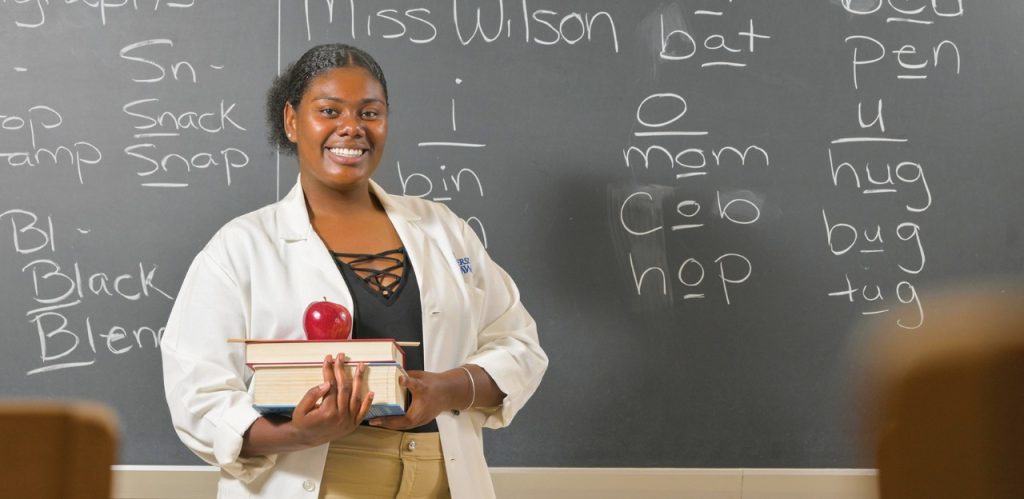Center for Excellence and Equity in Teacher Preparation
UD Teacher Residency Program
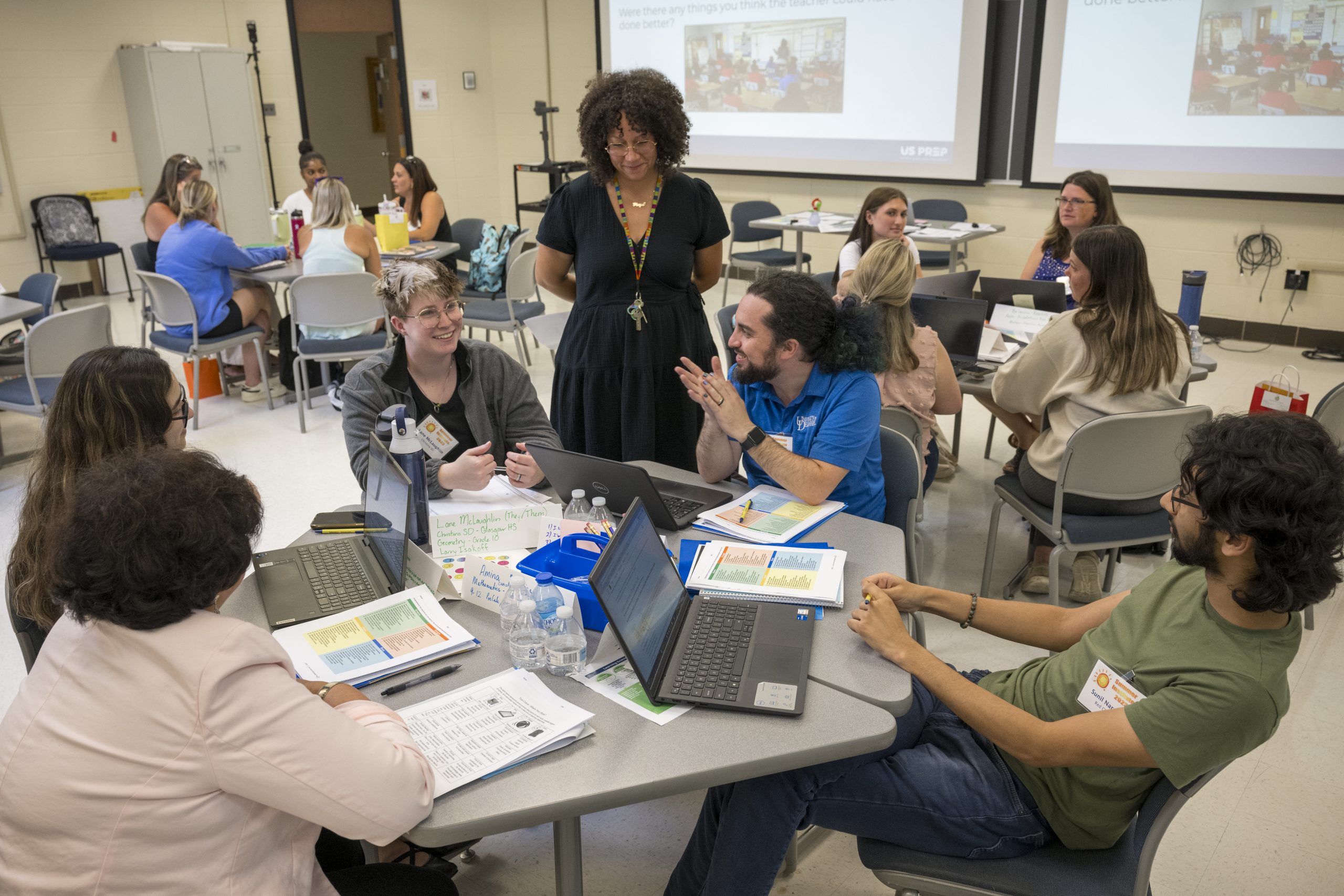
Program Overview
The University of Delaware Teacher Residency Program (UDTR) allows teacher education students to pursue a yearlong, paid residency in a Delaware school in place of a traditional student teaching experience. Building on the medical residency model, this program gives students the opportunity to teach alongside an effective teacher-mentor in a high-need classroom as they engage in a carefully aligned sequence of academic coursework. University of Delaware’s (UD) teacher residents receive stipends and commit to teaching in their resident districts for three years after their UD graduation.
In fall 2020, UD launched it’s UDTR program in collaboration with four school districts in Delaware. The first cohort of residents comprised 18 Early Childhood Education and Elementary Teacher Education students. Since then, we have expanded to include more school districts and have added Secondary English Education and Secondary STEM Education: M.S., 4+1 students. The school districts with which we are currently partnered with for the 2024-2025 school year include Appoquinimink, Brandywine, Caesar Rodney, Christina, Indian River, New Castle County Vocational Technical and Red Clay Consolidated School Districts. In 2025-2026, we will also offer placements in the Laurel School District and Providence Creek Academy.
Residency News
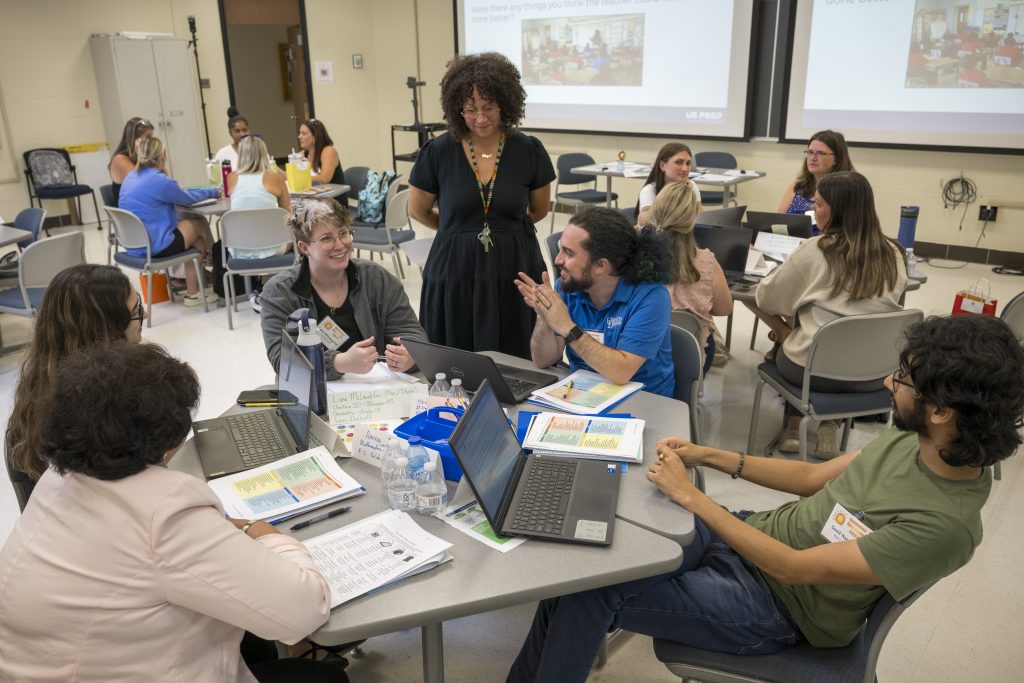
Teacher Residency Program Aims to Address Delaware Teacher Shortage
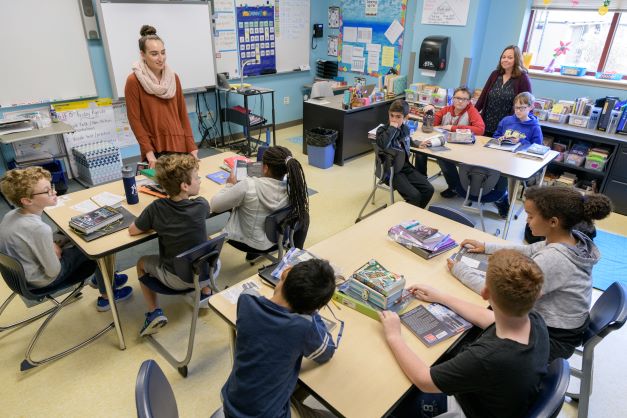
UD service center new name reflects continued commitment to teacher preparation
Contact Information
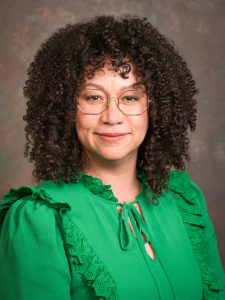
Maya Constantine, M.Ed.
(she/her/hers)
Associate Director of Residencies
Center for Excellence and Equity in Teacher Preparation
University of Delaware




